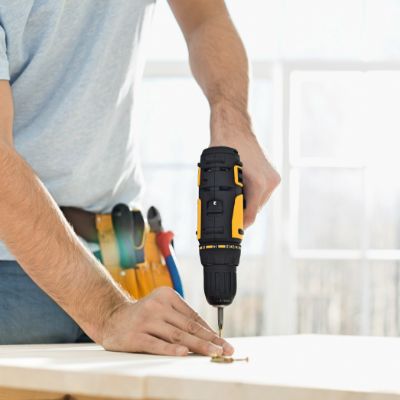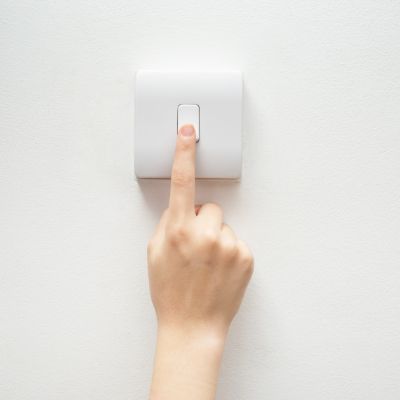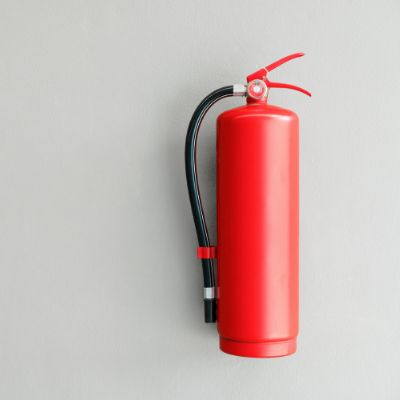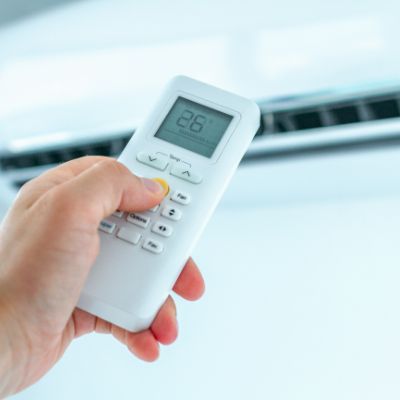Pool safety
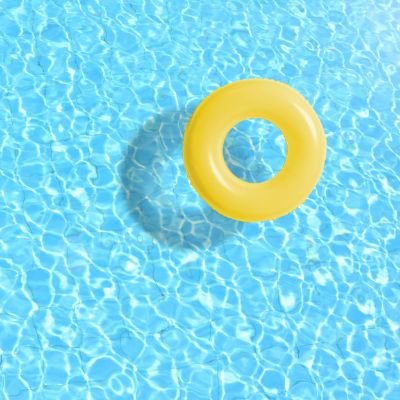
Remember to always exercise caution when at the pool to ensure everyone has a great time:
- Never leave babies or children alone or in the care of another child, while in or near pools, spas, or wading pools – or near bathtubs, lakes, irrigation ditches, or other open bodies of water.
- Remember, an infant can drown in just one inch of water – so make sure the supervising adult is always within arm’s length of the child with their full attention focused on them at all times.
- The supervising adult should not be engaged in distracting activities, such as talking on a telephone, socializing, or tending to household chores.
- Parents and caregivers should learn CPR or BLS (Basic Life Support).
- Supervising adults should make sure they do not leave any pool toys in the water as a child could fall in while trying to retrieve them.
- Toddlers, youngsters with an intellectual disability, and children with seizure disorders are particularly vulnerable to drowning, but all youngsters are in danger if unsupervised in or near water.
- Even a child who knows how to swim may drown a few feet from safety.
- Consuming alcohol at a public swimming pool is against the law.
- If you have any illness or infection (such as a cold, sore throat, athlete’s foot, or diarrhoea), please don’t spread it around; once you are better, you can use the pool again.
- Visit the bathroom before you use the pool!
- Take children on bathroom breaks every 60 minutes or check diapers every 30 to 60 minutes.
- Change diapers in the bathroom or diaper-changing area and not at the poolside, where germs can get into the water.
- Wash your hands after using the toilet or changing diapers.
- Shower with soap before you start swimming (then rinse yourself under the shower at the pool before you swim).
- Don’t swallow the water you swim in.
Pets

Emirates Living is a pet-friendly community – but it’s important to ensure that your animal friends never disturb other residents:
- Dogs must always be kept on a leash when outside the boundaries of your home.
- Any dog waste deposited in the community must be promptly removed and properly discarded in a sanitary manner by the dog handler.
- All pets must wear appropriate identification tags at all times when outdoors
- Dog owners must ensure their animals do not make an unreasonable amount of noise or disturb neighbouring residents.
- Abandoning pets is strictly forbidden and offenders will be reported to the authorities. If you cannot commit to caring for a pet, do not get one.
Pest control
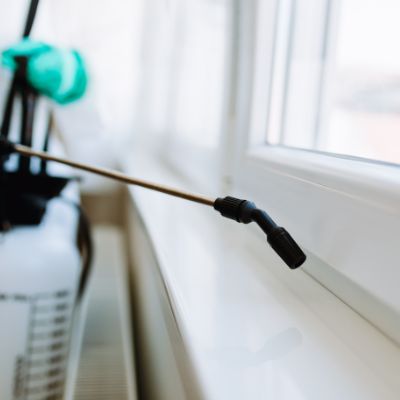
Keep your home pest-free by following a few simple steps
- Do not leave buckets, pet bowls, containers or any other objects where water can stagnate outside your home.
- Fountains and water features should have moving water. If not in use, the entire water feature must be drained and emptied.
- Do not allow excess water to accumulate in planter boxes.
- Clean out bird baths and bird feeders daily and replenish with fresh water.
- Do not leave empty cardboard boxes lying around your porch or lawn – they maintain the ideal moisture and temperature for pests like cockroaches to thrive.
- Do not leave food out for strays in the community – it attracts even more pests. Moreover, pet food is often reinforced with micronutrients like vitamin K that may help rodents help build immunity and develop resistance to rat poisons.
- Collect fruits as soon as they fall from trees in your garden.
- Dog waste can offer flies a breeding ground for weeks – ensure that any waste produced by your pets is discarded in the provided dog bins.
Landscaping

Here are some tips from our landscaping team to help you keep your landscaping lush and healthy:
- Maintain a mowing height of 2.5 to 3 inches but during summer, increase this to 3 or 3.5 inches to reduce water loss from your soil.
- Check your irrigation system for leaks periodically.
- Water your landscaping as per its requirements and not just every day.
- Apply water directly to the roots of plants to minimise evaporation and water runoff.
- Avoid mid-day watering – instead, water in the early hours before sunrise to lessen water loss through evaporation and daytime winds.
- Choose plants that are native to the arid climate of the Middle East and require less water such as desert rose, flame trees, bougainvillea, neem, palms and hibiscus.
- Make adjustments to watering durations as needed; for example, shaded or protected areas may need less water than patches that are always under the sun.
- For better efficiency, install a drip irrigation system to minimise evaporation.
- Water brown spots by hand and check your irrigation system; lawns usually develop brown spots because of faults in the sprinkler system.
